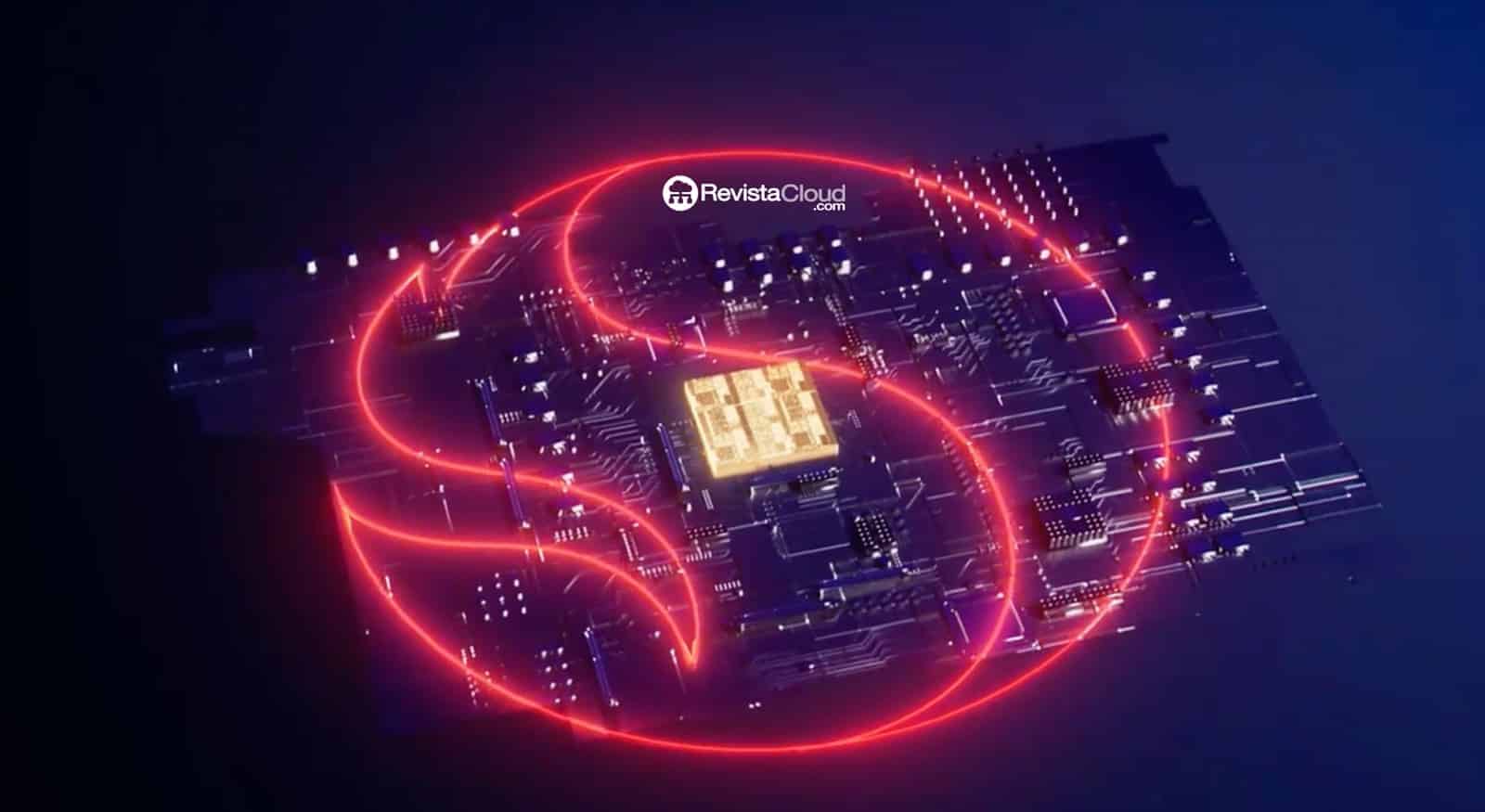After two years of legal battles, Qualcomm has emerged victorious in its dispute with ARM over chip license usage acquired following its purchase of the startup Nuvia in 2021. A federal jury in Delaware has determined that Qualcomm did not violate the terms of its agreement with ARM, marking a milestone in this complex legal struggle that could shape the future of innovation in the semiconductor industry.
The Origin of the Conflict
The dispute began when Qualcomm acquired Nuvia, a startup founded by former Apple engineers, for $1.4 billion. Before the purchase, Nuvia had obtained chip design licenses from ARM, but ARM claimed that these licenses were non-transferable, suing Qualcomm in 2022. The British company demanded the destruction of technologies developed under those licenses and argued that Qualcomm was paying significantly lower royalties compared to what Nuvia had previously paid.
The Verdict: A Partial Victory
The jury sided with Qualcomm by ruling that it did not breach its contract with ARM. However, it did not resolve whether Nuvia violated the terms of its agreement prior to being acquired, leaving the door open for ARM to appeal, something it has already confirmed it will do. Judge Maryellen Noreika noted that “neither party has a clear victory,” hinting that the case could be reopened in the near future.
Strategic Impact for Qualcomm
The acquisition of Nuvia was strategic for Qualcomm as it seeks to develop next-generation chips like the Snapdragon X, used in laptops such as the Copilot Plus. According to documents presented during the trial, Qualcomm expected to save up to $1.4 billion annually in payments to ARM due to its acquisition of Nuvia.
Additionally, Gerard Williams, co-founder of Nuvia, testified that less than 1% of the technology developed by Nuvia depended on ARM designs. This testimony, along with internal ARM documents estimating losses of $50 million as a result of the deal, was crucial in tipping the scales in favor of Qualcomm.
Statements from the Parties
Ann Chaplin, Qualcomm’s General Counsel, celebrated the verdict, stating that “the jury justified Qualcomm’s right to innovate.” Chaplin emphasized that Qualcomm’s products, including custom CPUs compliant with ARM Oryon, are protected by the existing contract with ARM. For its part, ARM has reiterated its intention to appeal, seeking a more favorable outcome in a potential reopening of the case.
Implications for the Industry
This case has not only legal implications but also strategic ones for the future of chip design. Qualcomm and ARM are key players in the semiconductor sector, and this conflict highlights the complexity of licensing agreements in an industry where innovation is essential for maintaining competitiveness.
With ARM’s appeal on the horizon, the definitive outcome is yet to be written. However, this trial sets a precedent for how companies manage technology licensing in strategic acquisitions.
With this partial victory, Qualcomm continues to advance its mission of leading the development of custom chips, while ARM seeks to preserve its license-based business model. The future of this dispute will define not only the relationships between the two companies but also the legal framework for technological development in the sector.
Reference: Court ruling and Reuters.

